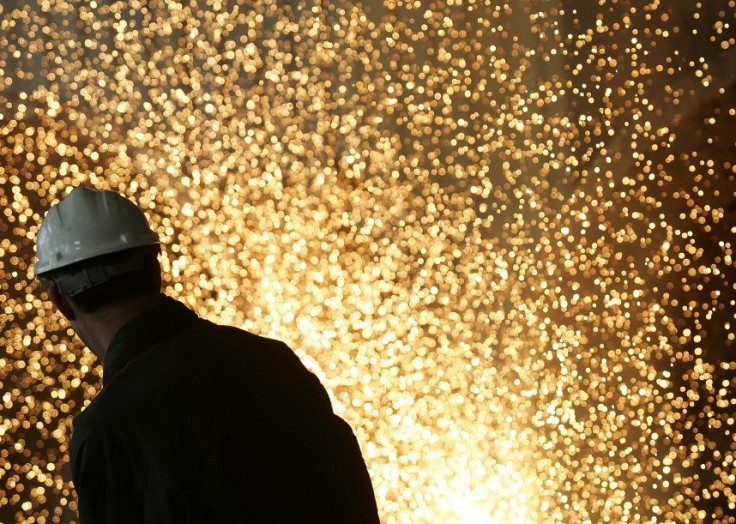Analyst: Base metal prices no longer dependent on Greece situation

Among the many reasons the entire base metals segment is having a hard time recovering from dismal prices is the debt crisis in Greece. For months, uncertainties in the European region have been driving away investors on speculations that putting money on locally based firms might not be a good idea for now.
Adding up to the baggage is the strong American dollar value that makes non-dollar buyers hesitant to risk on commodities, which are sold in U.S. dollars.
“One of the reasons for the weak prices is no doubt the appreciation of the dollar in the wake of the Fed meeting,” a broker at Commerzbank said.
For senior commodity strategists and analyst Daniel Hynes, however, finding a clear solution in the Greece crisis is no longer enough to save base metals from weak prices.
“This issue hasn't sprung up overnight. I think markets have been factoring in a range of scenarios that could occur in Europe. But it is obviously coming to a critical junction and markets will be highly sensitive to the impact that this could have on economic growth in the region," he told ABC News after suggesting that the Greek debt talks have been going on for long enough to be factored into the price of many commodities.
Even the Indonesian ore ban, which enhanced share prices of small firms like Amur Minerals Corporation ( London AIM:AMC) and Sirius Resources in 2014, is no longer capable of doing a repeat of what it did last year when it elevated base metal prices to several all-time highs.
Amur, the Russia-based company, is among the few companies that managed to remain attractive to investors amid weak global commodity prices, as it is yet to put its 90 million tonnes of projected nickel production on the global market.
For other analysts, what the base metals segment needs is a complete overhaul from China. Thus, a demand pick-up that is sustained and enough to bring the balance in the global metals commerce.
"The really poor Chinese manufacturing data would be the primary concern for metals. There hasn't been any stabilisation of Chinese stocks, despite all the efforts by the government. July manufacturing activity in China fell at its fastest pace in two years, dashing hopes the economy may be stabilising." said Sergey Raevskiy, metals research analyst at SP Angel.
On the last LME trading, three-month copper ended up 1.7 percent weaker at US$5,282 [AU$7,165] a tonne, its lowest level since July 2009, while tin closed to US$16,000 [AU$21,706]. Three-month aluminium, on the other hand, touched a six-year low at US$1,655 [AU$2,245] a tonne, while nickel hit a one-month low of US$11,110 [AU$15,074].
Lead fell to a five-year low at US$1,715 [AU$2,280] and closed at US$1,700 [AU$2,320] from US$1,702 [AU$2,327], while zinc slid to US$1,949 [AU$2,645], its lowest since December 2013.
Contact the writer at feedback@ibtimes.com.au, or let us know what you think below.





















